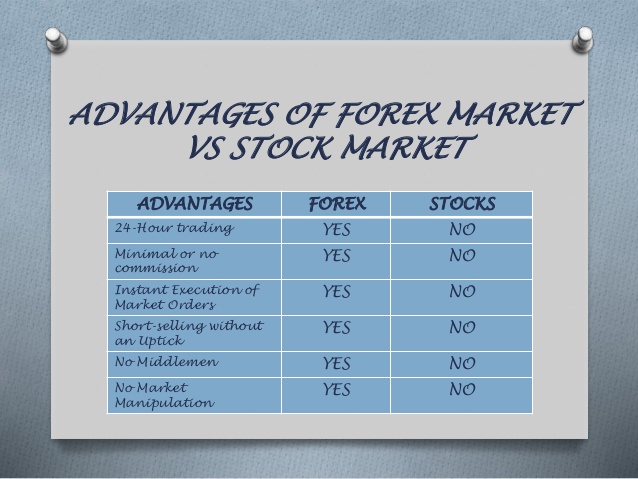
Crowdfunding is a good way to invest in real estate. But there are some downsides. Here are some details about Regulation Crowdfunding (CF), how it works, what the return on your investment is, and what the illiquidity is for real estate assets. This article should help you understand crowdfunding for real estate and make informed decisions about whether it is right for your needs.
Regulation Crowdfunding
Regulation CF (Regulation of Crowdfunding in Real Estate) was established by the 2012 JOBS Act. It allows ordinary investors to invest in real property projects. Reg CF, which makes it easier to invest in crowdfunding deals for non-accredited people, is a significant improvement for the realty industry. Because crowdfunding is legal, there are no regulatory requirements for real-estate crowdfunding projects.
The JOBS Act of 2012. Also known as the JOBS Act. This changed the rules of crowd funding by allowing businesses and investors to place advertisements. Before, crowdfunding was only available to not-for-profit companies, so for-profit companies could not advertise for investors without a formal, intrastate offering. Title II of the JOBS Act directed the Securities and Exchange Commission (SEC) to develop rules for this new type of fundraising. The SEC adopted Regulation D Rule 506(c) in September 2013 to allow companies to hold their initial public offering.

Returns on investment
The high level of diversification that crowdfunding offers is one of the major benefits of investing in real property through crowdfunding. Most crowdfunding deals start around $1,000, and include dozens of different property types from all over the country. Even though crowdfunding is still new, it offers a great opportunity for developers with experience. Additionally, this type of investing can often yield higher returns than traditional investments strategies. Listed below are some factors to consider when investing through crowdfunding for real estate.
In the first place, crowdfunding for real estate is often uncorrelated with stock market performance. Investors invest in individual properties and not the entire market, which means that their investment value is not affected when the financial markets change. Investors are less likely to be affected by sudden fluctuations in a real estate market. Despite the risk, real estate can provide a stable, steady and dependable investment strategy. It is also easier to invest through crowdfunding platforms for real estate.
Real estate is an asset that cannot be liquidated
Crowd-investing is the right name for real estate that can be used as a crowdfunding asset. It will allow a wider group to share in the fun while earning a return. While group investing in real estate is not a new concept, it has been practiced for centuries in private circles. Crowdfunding opens up the real-estate investing market to a wider audience. This increased liquidity will transform the way that many people invest.
Real estate crowdfunding sites not only offer access to real estate projects but also help accredited investors do their due diligence. Before investors invest, brokers and developers are subject to background checks, references, creditworthiness, and creditworthiness. Investors must invest at least $25,000 to be eligible to participate in real estate crowdfunding platforms. This is a high threshold because the investment may not become liquid for many years.

Drawbacks of crowdfunding for real estate
Crowdfunding real estate is not without its disadvantages. Most crowdfunding campaigns accept only accredited investors. Others are limited to certain states. The real estate crowdfunding industry also has many hidden costs, which can negatively impact your return. You must weigh the pros and disadvantages of any investment before you make any decision. Learn more about real estate crowdfunding and its advantages and disadvantages. Crowdfunding might be the right choice for you if real estate investing is something you are interested.
Another issue is the lack diversification. Crowdfunding projects typically accept investments up to $500. Traditional real estate can cost tens or thousands of dollars. New investors can try real estate without spending a lot. You can also diversify your portfolio with a smaller investment. You might not choose crowdfunding if you are looking for a longer-term investment.
FAQ
What is security in the stock exchange?
Security is an asset that generates income. Most common security type is shares in companies.
A company may issue different types of securities such as bonds, preferred stocks, and common stocks.
The earnings per share (EPS), and the dividends paid by the company determine the value of a share.
When you buy a share, you own part of the business and have a claim on future profits. You receive money from the company if the dividend is paid.
Your shares can be sold at any time.
What is the difference?
Brokers specialize in helping people and businesses sell and buy stocks and other securities. They take care of all the paperwork involved in the transaction.
Financial advisors can help you make informed decisions about your personal finances. Financial advisors use their knowledge to help clients plan and prepare for financial emergencies and reach their financial goals.
Financial advisors may be employed by banks, insurance companies, or other institutions. You can also find them working independently as professionals who charge a fee.
Take classes in accounting, marketing, and finance if you're looking to get a job in the financial industry. Also, it is important to understand about the different types available in investment.
What are some advantages of owning stocks?
Stocks are less volatile than bonds. The stock market will suffer if a company goes bust.
But, shares will increase if the company grows.
To raise capital, companies often issue new shares. This allows investors to buy more shares in the company.
To borrow money, companies use debt financing. This gives them cheap credit and allows them grow faster.
When a company has a good product, then people tend to buy it. The stock's price will rise as more people demand it.
As long as the company continues producing products that people love, the stock price should not fall.
Statistics
- "If all of your money's in one stock, you could potentially lose 50% of it overnight," Moore says. (nerdwallet.com)
- US resident who opens a new IBKR Pro individual or joint account receives a 0.25% rate reduction on margin loans. (nerdwallet.com)
- Even if you find talent for trading stocks, allocating more than 10% of your portfolio to an individual stock can expose your savings to too much volatility. (nerdwallet.com)
- For instance, an individual or entity that owns 100,000 shares of a company with one million outstanding shares would have a 10% ownership stake. (investopedia.com)
External Links
How To
How can I invest into bonds?
An investment fund, also known as a bond, is required to be purchased. Although the interest rates are very low, they will pay you back in regular installments. This way, you make money from them over time.
There are many options for investing in bonds.
-
Directly purchasing individual bonds
-
Buy shares in a bond fund
-
Investing via a broker/bank
-
Investing through a financial institution.
-
Investing with a pension plan
-
Invest directly through a broker.
-
Investing in a mutual-fund.
-
Investing through a unit trust.
-
Investing with a life insurance policy
-
Investing with a private equity firm
-
Investing via an index-linked fund
-
Investing through a hedge fund.